Wedding
Vows

WEDDING VOWS. Copyright 2001 by Susan Lee Smith. All rights reserved. No part of this book may be reproduced in any form or by any electronic or mechanical means, including information storage and retrieval systems, without permission in writing from the publisher, except by a reviewer who may quote brief passages in a review.
For information address Warner Books, Hachette Book Group, 237 Park Avenue, New York, NY 10017.
 A Time Warner Company
A Time Warner Company
ISBN: 978-0-7595-2322-7
A trade paperback edition of this book was published in 2001 by Warner Books.
The Warner Books name and logo are trademarks of Hachette Book Group, Inc.
First eBook Edition: 2001
Visit our Web site at www.HachetteBookGroup.com
For my mother and father,
who taught me all about
sharing love,
speaking from the heart,
keeping promises,
and living happily ever after.
Contents
Part 1
The
Basics

| |
Introduction
You (or someone you love) are getting married.
Over two million weddings are held each year in the United States. Remarkably, no two will be exactly alike. Yet whatever the differences the formality of attire, the kind of flowers, the size of the guest list, the flavor of frosting on the cake each and every one of those weddings is guaranteed to include one element: a ceremony that unites the couple as husband and wife.
In most cases, once an engagement is announced, the planning goes into high gear. The bride searches for the perfect gown. Decisions about invitations, flowers, tuxedos, caterers, and countless other elements must be made. China patterns are weighed against one another, and planning begins for the perfect romantic honeymoon.
In the frenzy of planning wedding events, the ceremony itself the ritual that joins the bride and groom together can be overlooked. Yet no part of the day is likely to be more personally meaningful to the couple or more moving to their guests. Ultimately, the ceremony, that exchange of vows, is the very heart and soul of the wedding celebration.
And in an era when interfaith and intercultural marriages are more common than ever before in human history, the ceremony can be a source of anxiety, concern, and even conflict. Making decisions about the ceremony forces a couple to take a position with regard to such important issues as religion, family, history, heritage, duty, honor, and the very essence of their commitment to one another. A couples decision to have or not have a religious ceremony, to include or not include vows of obedience and fidelity, even the decision about who, if anyone, gives away the bride all these and dozens more can become points of conflict and controversy between the couple and within their families.
For many couples, the right choice is a ceremony that features the exchange of personal vows either as the sole vows of the ceremony or in addition to more traditional vows. Deciding to write your own vows is relatively easy; but for most couples, actually writing them is tough. Even the most expressive person can end up with a classic case of writers block when faced with finding the right words to express his or her love for a future spouse. Knowing that you will proclaim these vows in front of your closest family and friends usually makes it even more daunting.
It is my hope that this book will help you learn about the possibilities, evaluate the options, make meaningful choices, negotiate past conflicts, quell your own fears, and get what you want a wonderful wedding ceremony, one thats exactly right for you. I hope it will inspire you to see beyond the show of the wedding celebration and focus carefully for a few moments, on what it means to articulate your commitment to one another. I hope the information and advice contained herein will help you get past any anxiety you might have about putting pen to paper and expressing the depth of your feelings for and commitment to your intended. And I hope that the vows you exchange on your wedding day will help guide you each and every day thereafter toward building a great marriage one filled with comfort, joy, laughter, and, most of all, love.
| |
The Ceremony
Location
Wedding planning experts are largely in agreement that the first thing a couple must decide when planning a wedding is where the ceremony (and reception) will take place. When making this first key decision, it is important to already have an eye toward how your selection of a location may restrict the nature of your ceremony, the substance of your vows, and the duration of your ceremony and vice versa. In particular, your selection of a house of worship or other religious location can mean that many elements of your wedding ceremony will be determined by the practices and policies of that institution.
Set the Date First?
Many couples set the date, then begin the search. While this approach can work, it may mean that the couple will have to forgo their first choice of location in order to be married on their preferred date. If you simply must be married on the third weekend in June, you may find that date already booked up at your church, synagogue, or favorite hotel. If a specific ceremony (or reception) location is important to you, consider holding off setting the exact date until you know the availability of that location. Your flexibility about date, as well as time of day, will increase your likelihood of getting a location you really love.
Geography
As you begin to consider locations, deciding where geographically to get married in what city, town, or wide place in the road is no longer a foregone conclusion. Several decades ago the average bride and groom were in their early twenties, perhaps just graduated from high school or college (or about to), and a couple most often wed in the brides hometown. That couple was probably not yet living as independently from their parents as todays average bride and groom are, and the brides parents were likely carrying the primary financial burden for the wedding. Todays average bride and groom are in their later twenties, with established careers and their own households, and are probably footing the bill themselves for a considerable portion of the wedding. Getting married in the brides hometown isnt necessarily the logical choice anymore especially if she hasnt lived there in a decade.
Among the things to consider as you decide in what city you will marry:
Will you logistically be able to plan a wedding in that city?
If you are planning a wedding long-distance, be prepared for a bigger long-distance phone bill; you will also probably need to travel to that city several times before the big event to finalize important details in person.
How convenient or inconvenient is that city to the people you most want to participate in the wedding?

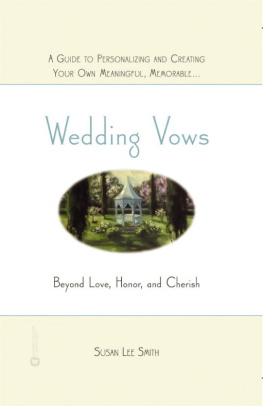

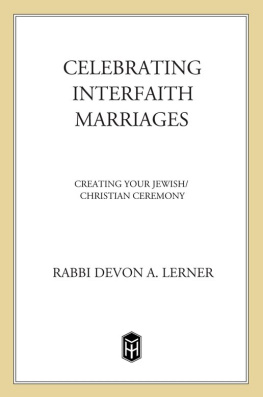
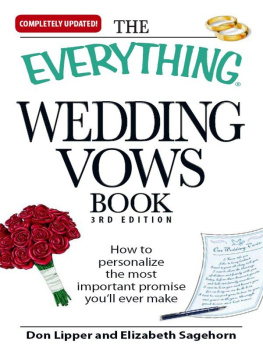
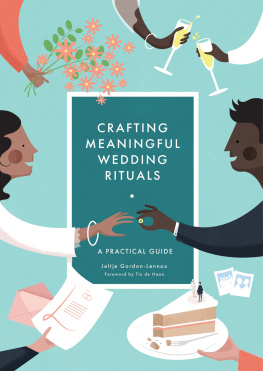
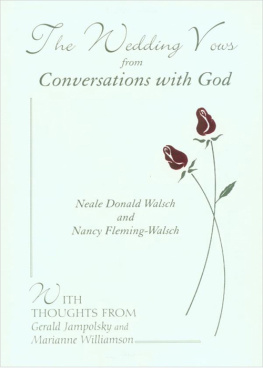
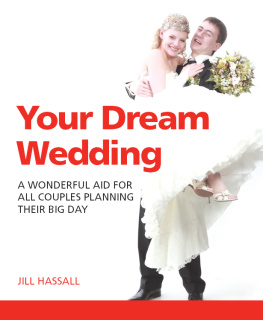
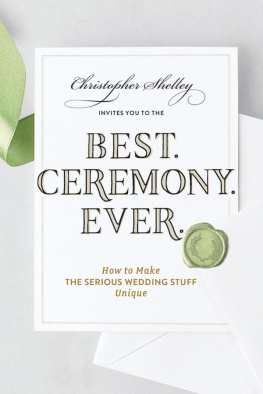

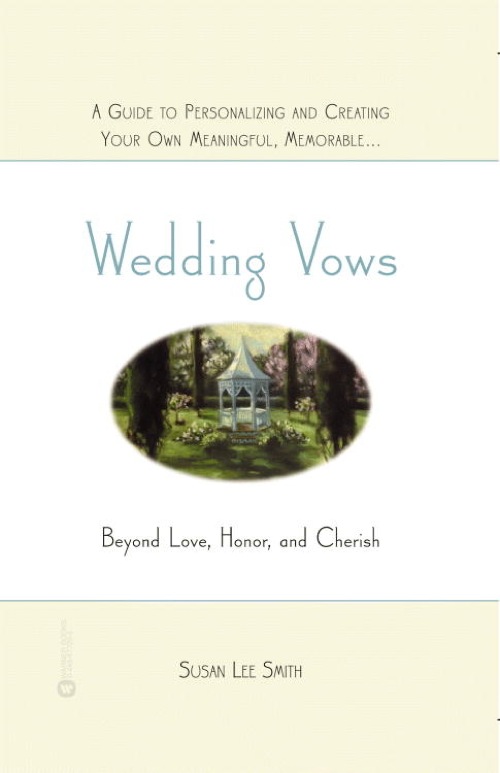


 A Time Warner Company
A Time Warner Company